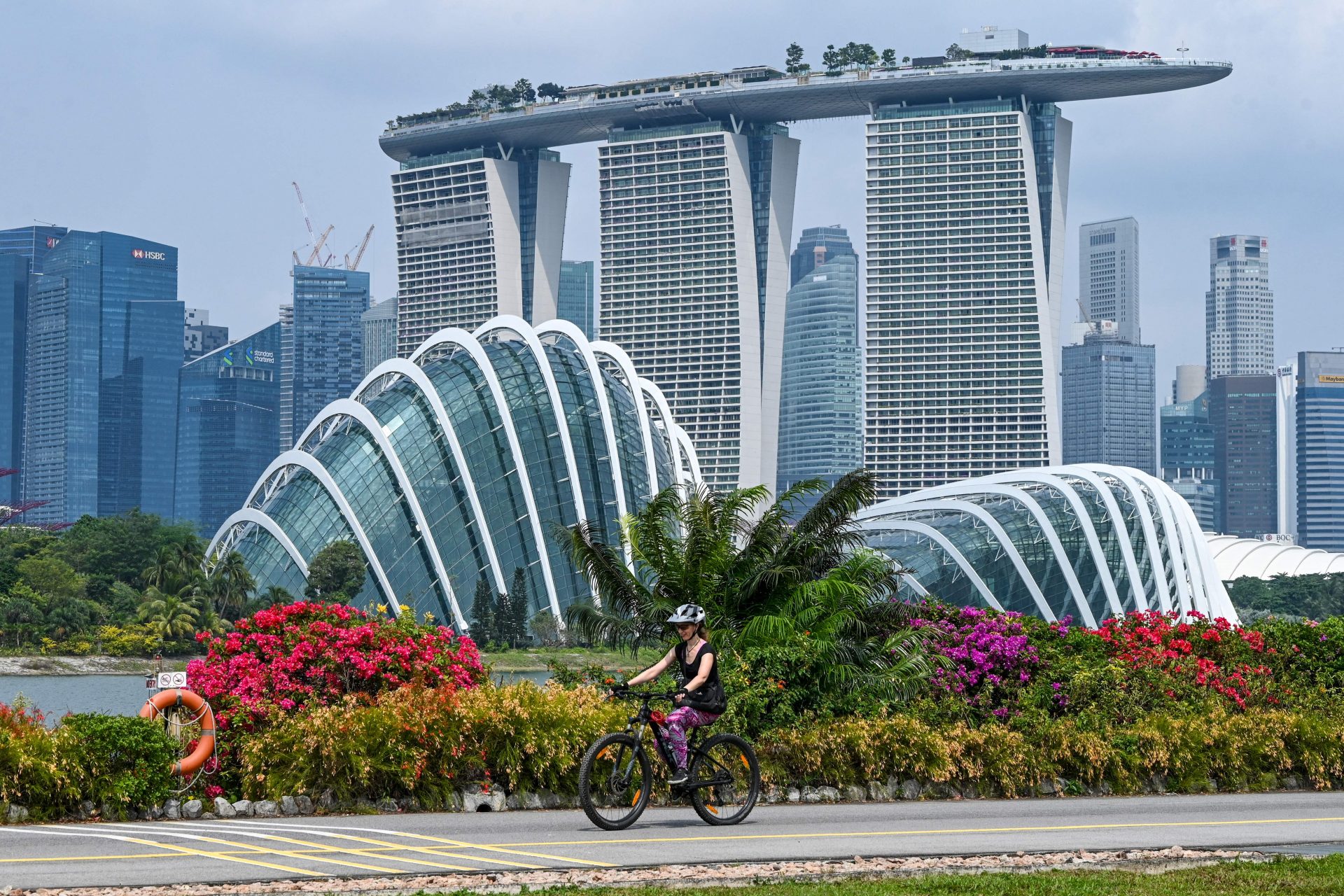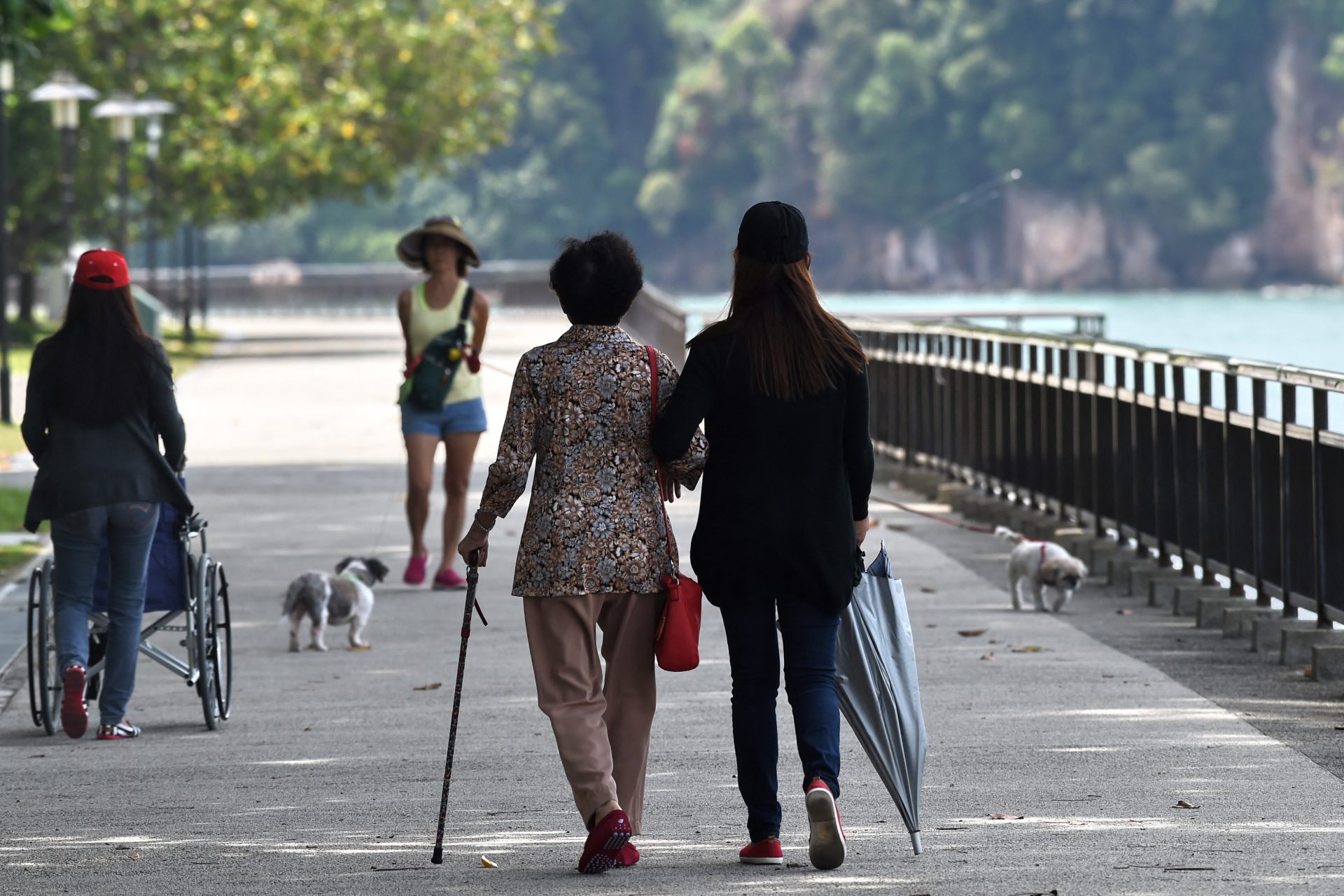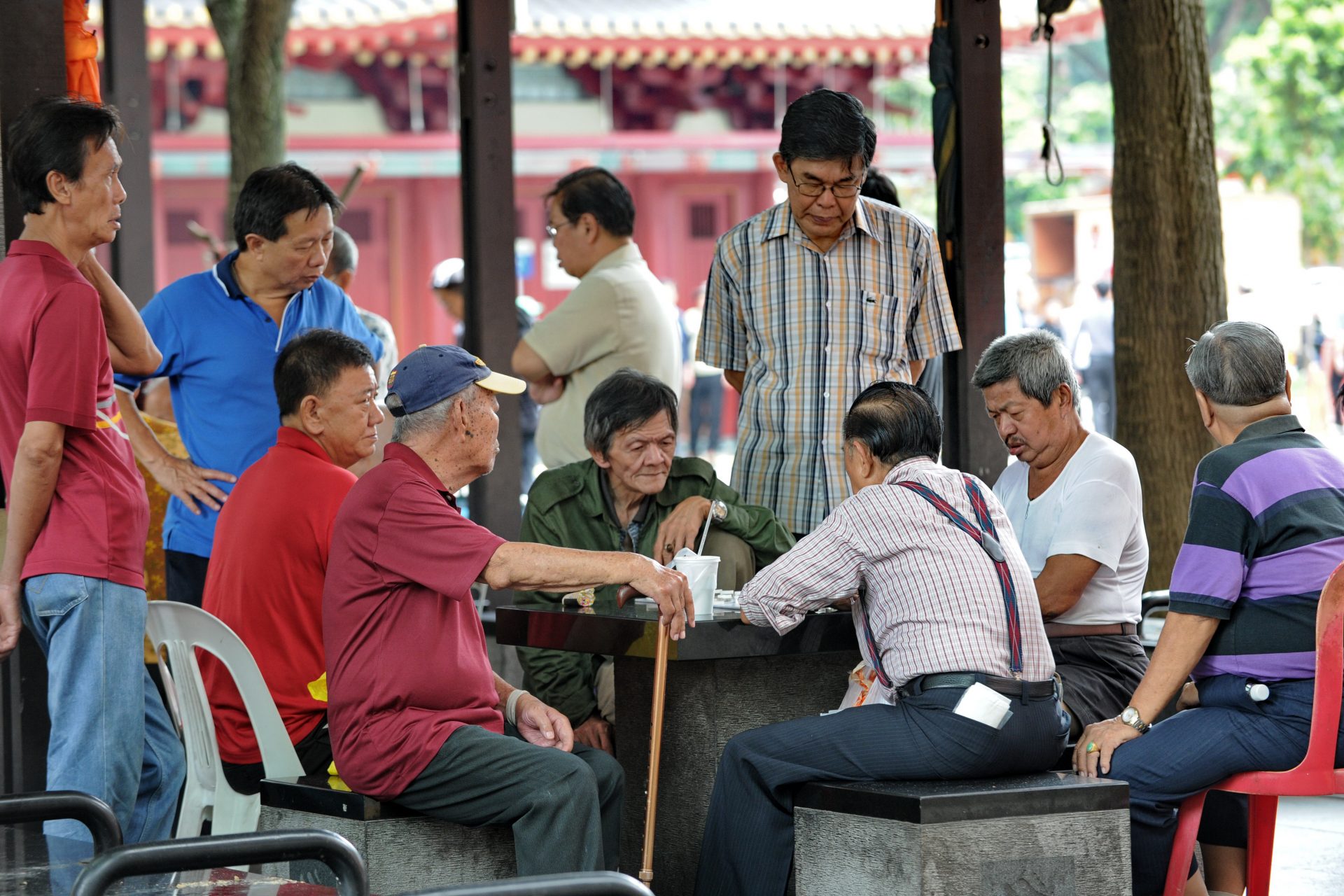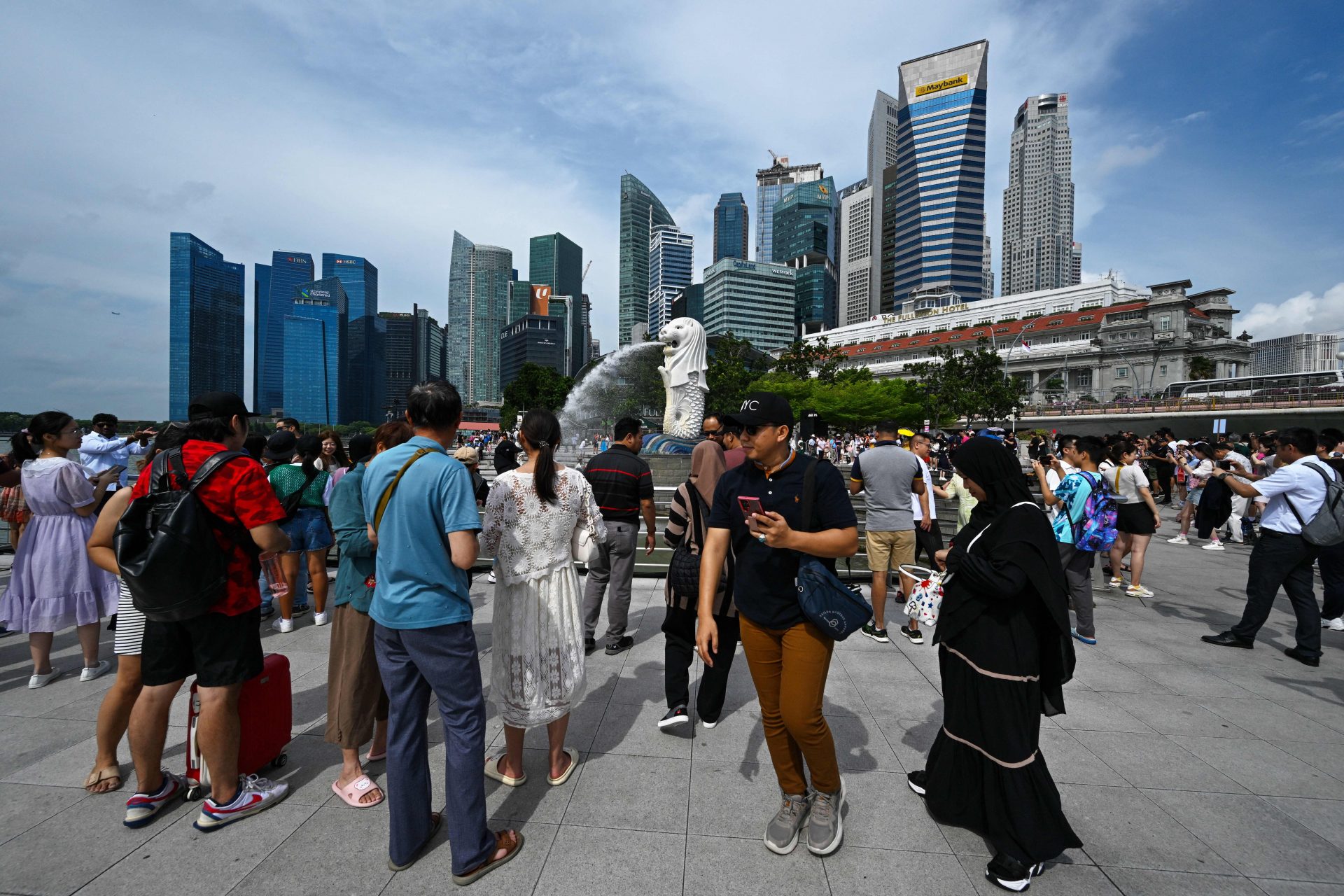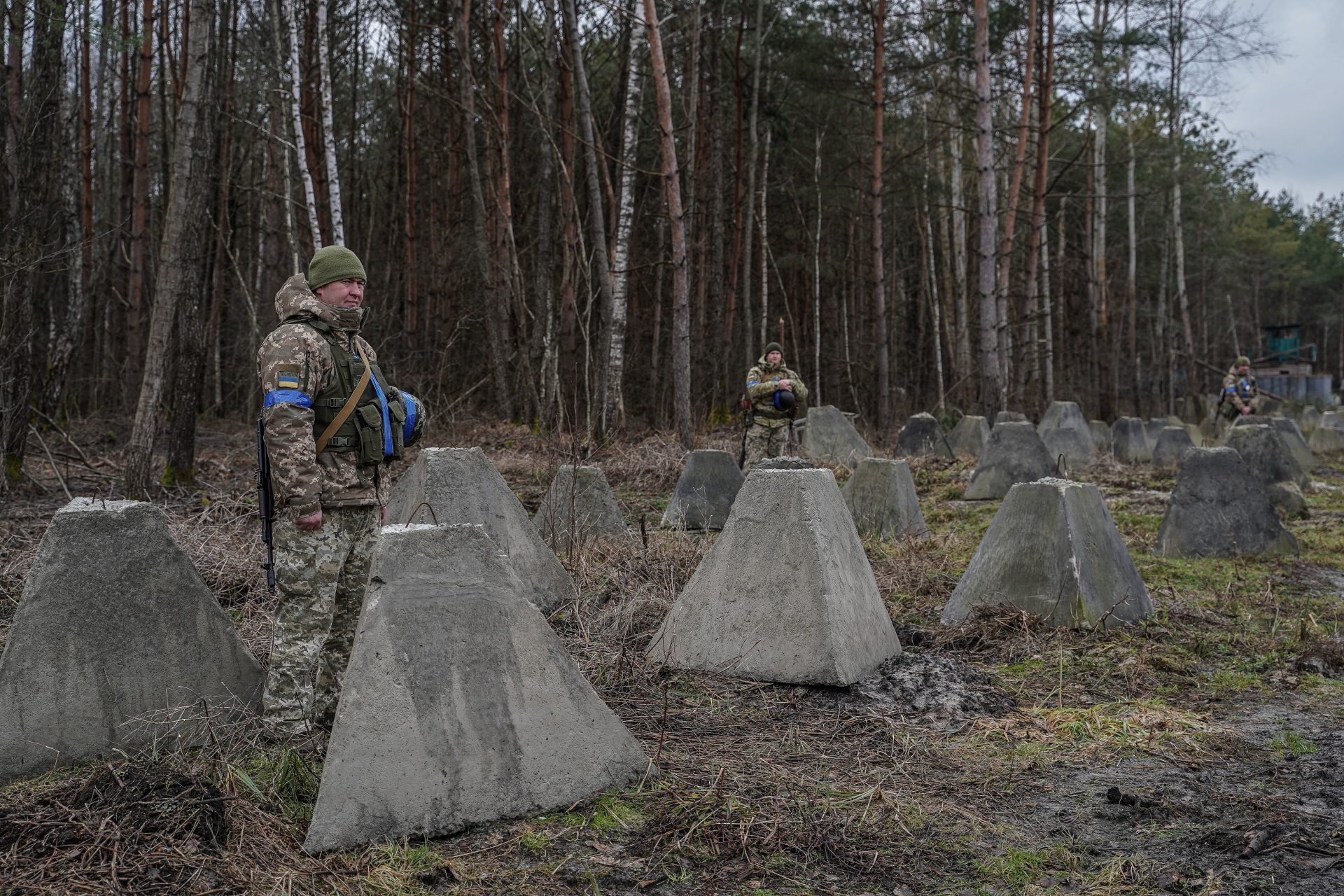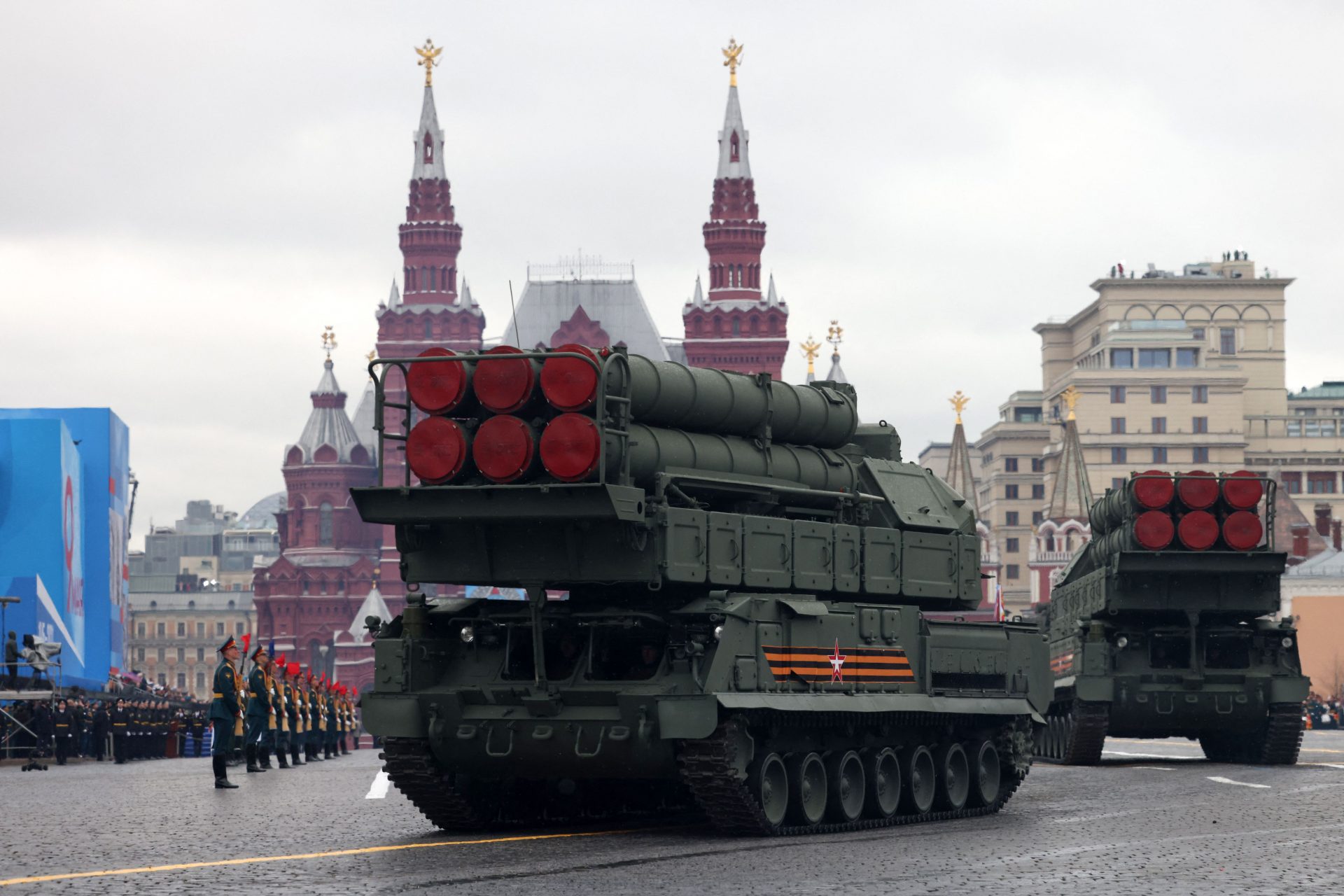Singapore is newest 'Blue Zone', but what are the pros and cons of living there?
According to several media outlets, Singapore was recently given "blue zone" status. Blue zones are areas of the world where people live much longer than average due to their healthy lifestyles.
In new data released in May 2023 by the Singaporean government, the average life expectancy was at 83 years, ten years longer than the average global life expectancy of 71 years according to the World Bank's data on the subject.
According to a population trend report released by the Singaporean government in 2020, the count of centenarians, individuals aged 100 and older, saw a twofold increase, rising from 700 in 2010 to 1,500 in 2020. This constituted 0.0002% of the total local population of 5.69 million reported for the year 2020.
But what is it like to live in this seemingly ideal city-state? Just because it has been named a blue-zone does that mean it is all advantages? Click on to learn more!
Singapore (officially the Republic of Singapore) is an island and city-state and the smallest country in Southeast Asia in terms of area. The so-called Lion City is one of the richest countries in the world.
With more than eleven million foreign tourists a year, it is also one of the ten most visited cities in the world and, alongside Hong Kong, is considered the most important financial center in Asia.
(Photo: Peter Nguyen / Unsplash)
According to Worldometer, as of January 22, 2023, the population of Singapore is 5,967,672. At nearly 6 million inhabitants, it is a bustling city.
In this multi-ethnic state, Chinese, Malays and Indians make up the largest population groups. The official languages are English, Malay, Chinese and Tamil.
(Photo: cegoh / pixabay)
Singapore is also very popular with tourists. Singapore's international visitor arrivals (IVA) reached 6.3 million in 2022, making it the 5th most visited city in the world, according to WorldData.
(Photo: Singapore Airport, VacacionesPagodasBlog /pixabay)
Join us for a look at 10 advantages and disadvantages that speak for or against the Asian metropolis.
Corporations from all over the world were attracted by attractive general conditions. Since many foreign companies are represented in Singapore, the number of expats is very high.
Singapore is the most expensive city in the world. According to a new survey by the British magazine 'The Economist', the cost of living is higher than anywhere else. Above all, renting an apartment and going out at night are extremely expensive in an international comparison.
(Photo: Charles Postiaux / unsplash)
Singapore is close to the equator, which means that temperatures vary only slightly over the course of the year. It is tropically hot all year round with maximum daily temperatures between 29 and 32 degrees. It is coolest from November to January, when it also rains the most.
(Photo: cegoh / pixabay)
Owning a car in Singapore is very expensive and traffic laws are relatively strict. Since Singapore was under British colonial rule for a long time, left-hand traffic applies. The maximum speed on the roads is 31 mph (50km/h). But in order to be allowed to own a private vehicle at all, interested parties have to bid for a “certificate of entitlement” that costs between 20,000 and 110,000 Singapore dollars .
(Photo: falco / pixabay)
The influences from India, China, Malaysia and Thailand can also be found in the diverse Singaporean cuisine. The hawker centers are particularly popular. These food markets are as big as soccer fields, spread all over the island and offer cheap and good food.
(Photo: josh millgate /unsplash)
In the Asian city-state there is a law that gives the government extensive censorship powers. It is not surprising that Singapore ranks only 160th out of 180 in terms of press freedom, since the bulk of the media is dominated by just two pro-government companies: Singapore Press Holdings (newspapers) and Media Corp. (television, radio). According to Reporters Without Borders, many journalists practice self-censorship. Online media require a state license and violators face prison terms of up to 14 years.
(Photo: cegoh/Pixabay)
Singapore is considered the cleanest city in Asia and visitors can see columns of cleaning workers everywhere, as well as some autonomous cleaning vehicles and robots. In addition, violations of cleanliness regulations are severely punished.
(Photo: Merlion Park, frankzhang0711 / pixabay)
In order to maintain cleanliness, there has been an absolute ban on chewing gum in Singapore since 1992. Chewing gum may not be imported or sold. There are only exceptions for medical products. Anyone caught chewing gum or spitting in public faces a four-digit fine.
(Photo: Jovita Braun / unsplash)
The "City of Gardens" has unusually large, green areas. The city-state even wants to be the greenest city in the world: unsightly steel and concrete are to be overgrown by green spaces and nature. The first night zoo was also opened in Singapore and is one of the city's top attractions.
(Photo: Joseph82 / unsplash)
Singapore relies on sand for population and economic growth, even hoarding it in restricted military areas. The city-state imports (sometimes illegally) more for landfill projects than any other country in the world. The island state consumes 5.4 tons of sand per capita every year. Environmentalists fear that over 80 Indonesian islands could disappear into the ocean in the next few years.
The standard of the healthcare system in Singapore is excellent. Not only is it one of the best in Asia, but it ranks among the top healthcare models in the world, even though wait times for patients can be very long.(Photo: josh millgate /unsplash)
All male citizens of Singapore are required to do national service at the age of 18. In addition, up to the age of 50, they must do up to 40 days of government service a year. There are hardly any exceptions to this.
In Singapore there are festivals, cultural events, concerts or other reasons to celebrate almost every day. The most popular event is Chinese New Year. Singapore's Chinatown is transformed into a sea of red and white. It's also the only day fireworks are allowed.
(Photo: Kent Lee / unsplash)
A permit must be applied for and the expected extent reported to the police at least four weeks before a gathering or event. Violators face fines of up to 20.000 Singapore Dollars and imprisonment for up to one year. Authorities can refuse permission without giving a reason. This often happens when dealing with issues such as politics, religion or criticism of the government.
(Photo: airconditionednation / pixabay)
One advantage of Singapore is the great cultural diversity. Various districts have also formed within the city, including Little India, Chinatown and Kampong Glam. There you can not only admire colonial buildings and buildings of modern times.
The "exchange of affection in public" is generally frowned upon in Singapore. Same-sex relationships are still forbidden. Campaigners' lawsuits to get rid of the relevant section 377A are routinely denied.
(Photo: LollipopPhotographyUK /pixabay)
Strategic development has transformed Singapore from an emerging country into one of the most modern centers in the world. A major role is played by the manufacture of electronic devices, which accounts for about 48% of Singapore's total industrial production. Other important branches of the economy are biotechnology, chemistry and future technology. The country is also one of the most important financial centers in the world.
(Photo: Kelvin Han / unsplash)
The migrants take out large loans to get to Singapore in the hope of better earnings. Since their work visa is tied to the employer, they have no opportunity to complain about poor conditions and exploitation. Most of them live in precarious conditions, isolated from the rest of the population.
(Photo: cegoh / pixabay)
Sports activities are very important in Singapore. Admission prices are usually lower than for European sporting events. Hiking in the Bukit Timah Nature Reserve (pictured) is also very popular.
(Photo: Justin Lim / unsplash)
In addition to caning, Singapore still has the death penalty for murder, child abduction, drug trafficking and firearms use. After a two-year hiatus, the Singapore government is scheduled to resume executions in 2022. In April 2022, a special case caused international outrage.
Singapore has carried out the death sentence against a 34-year-old from Malaysia - despite family and supporters pleading for clemency. His IQ was only 69. Nagaenthran K. Dharmalingam was arrested in 2009 for entering Singapore with drugs. Anti-death penalty human rights organization Reprieve said: "Hanging a mentally disabled and mentally ill man is unjustifiable and is a flagrant violation of international laws to which Singapore has signed."
More for you
Top Stories



